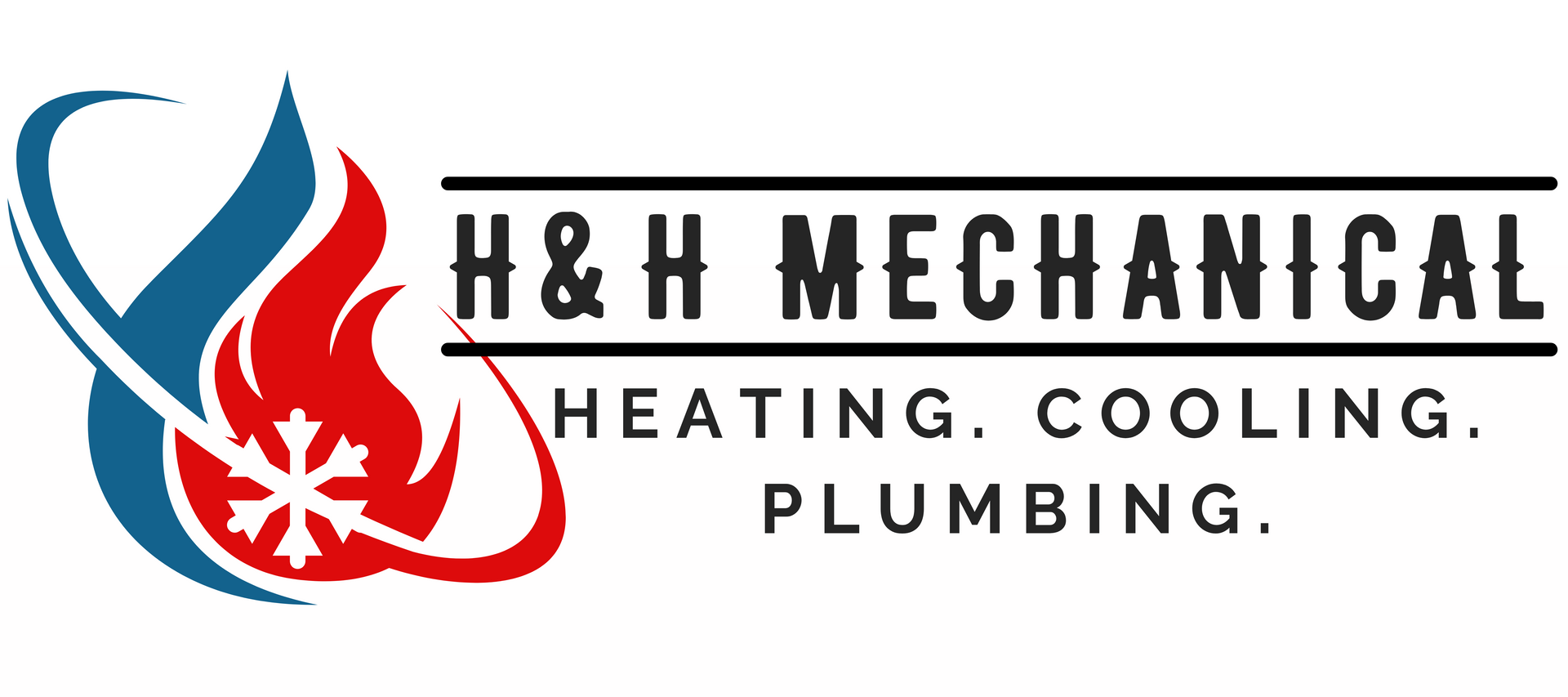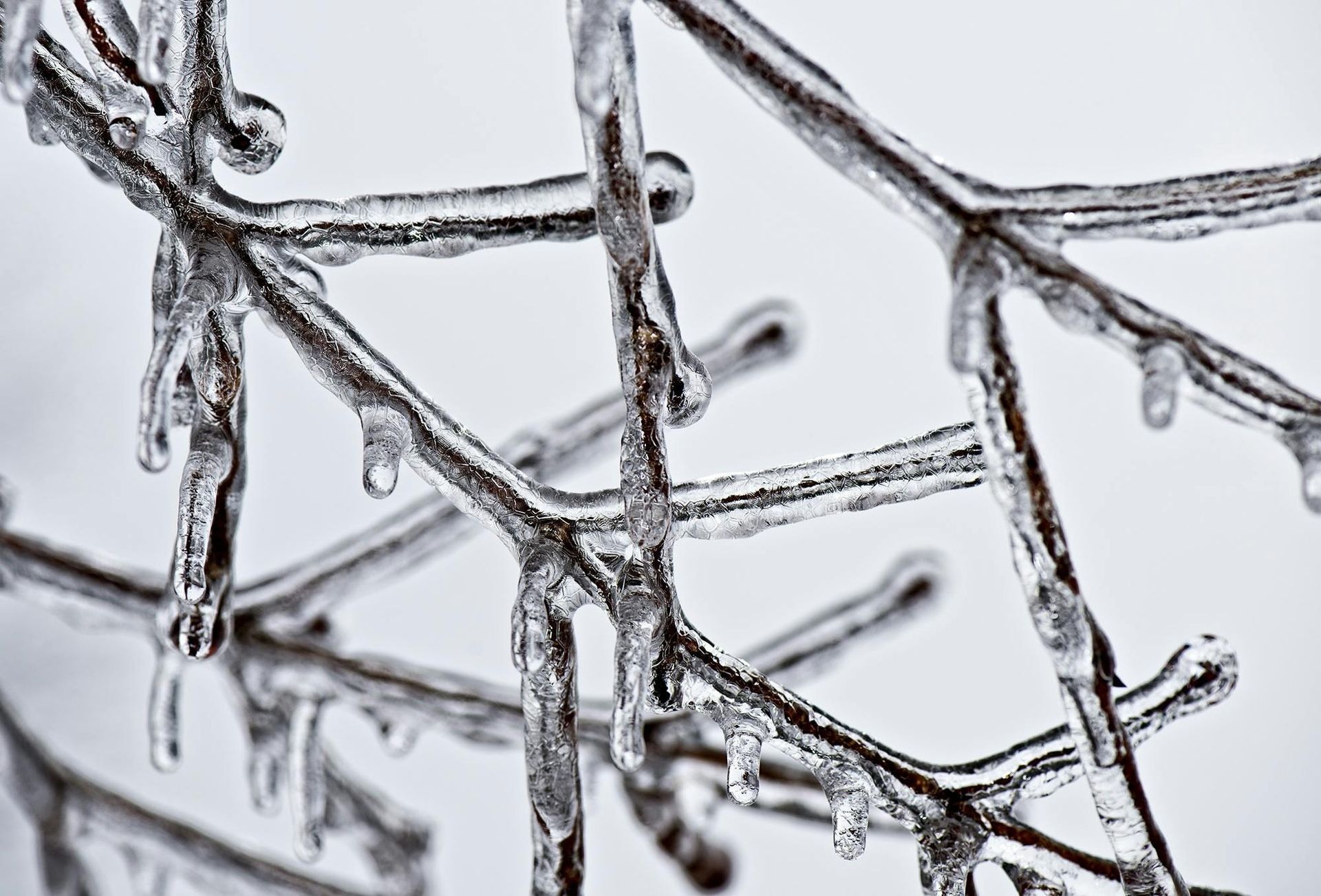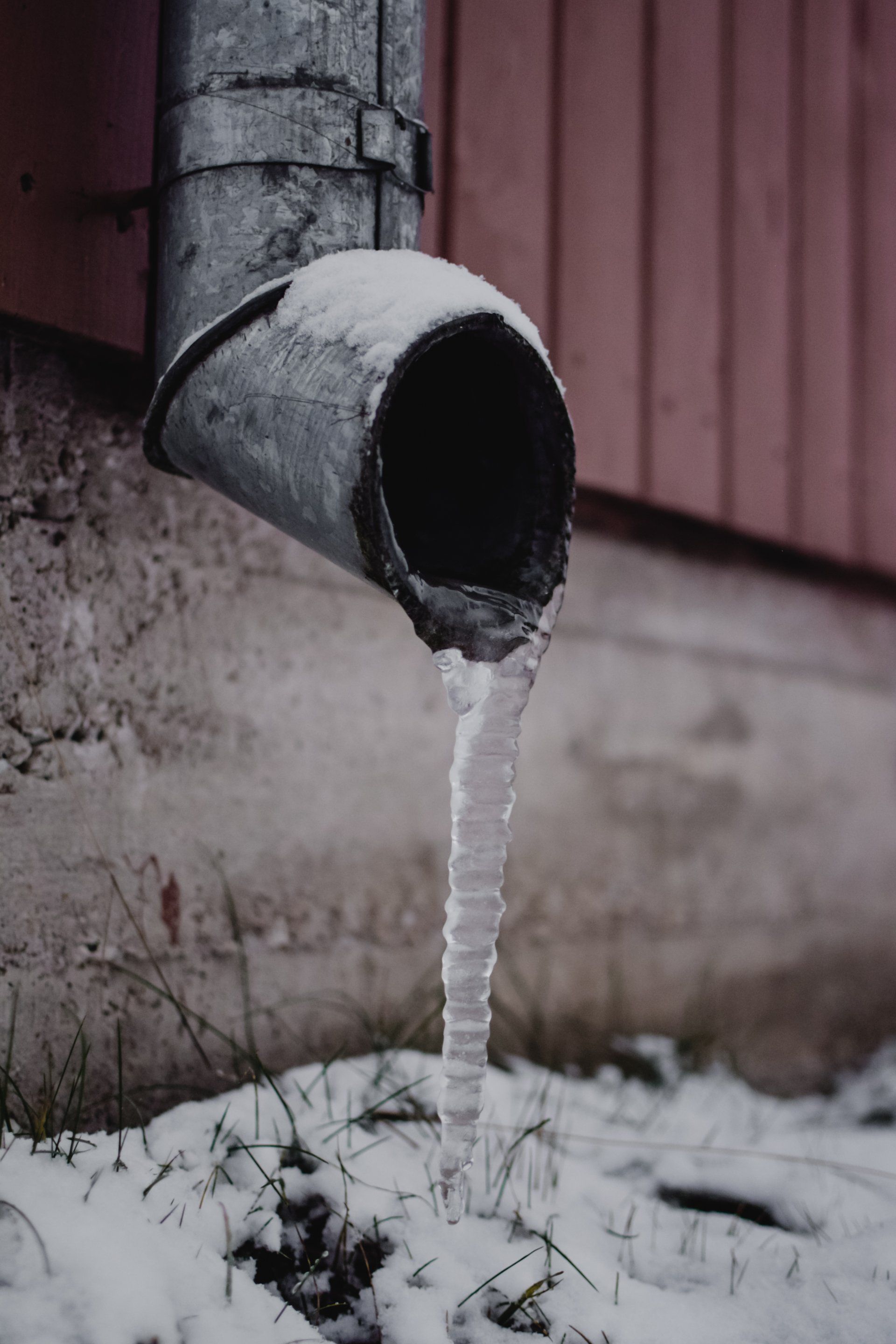Summer Thunderstorms and HVAC: How to Protect Your System
As the temperatures rise during the summer months, so does the likelihood of thunderstorms. While these storms can be awe-inspiring to watch, they also pose a potential risk to your HVAC system. In this blog post, we'll explore the impact of summer thunderstorms on your HVAC system and provide some tips to help you protect it.
Power Surges: One of the primary concerns during thunderstorms is power surges. Lightning strikes can cause sudden voltage spikes that can damage electrical components in your HVAC system. To safeguard against power surges, consider installing a surge protector for your HVAC unit and other sensitive electronic devices in your home.
Flooding: Heavy rainfall during summer thunderstorms can lead to flooding, which can be detrimental to your HVAC system. If your outdoor condensing unit is located in a vulnerable area prone to flooding, it's crucial to elevate the unit or take steps to prevent water from entering it. Additionally, make sure that your indoor unit and ductwork are well-sealed to prevent water infiltration.
Outdoor Debris: Strong winds accompanying thunderstorms can blow debris, such as branches, leaves, and dirt, into your outdoor HVAC unit. This debris can clog the coils, obstruct airflow, and reduce the efficiency of your system. Regularly inspect and clean your unit after a storm to remove any debris that may have accumulated.
Power Outages: Thunderstorms often come with the risk of power outages. Extended power outages can be problematic for your HVAC system, especially if it remains off for a significant period. When the power is restored, there can be a sudden surge that may cause damage to your system. Consider investing in a backup power source, such as a generator or an uninterruptible power supply (UPS), to prevent abrupt power disruptions.
Routine Maintenance: Regular maintenance is essential for the longevity and performance of your HVAC system, especially after a thunderstorm. Schedule a professional HVAC technician to inspect and service your system to ensure that any storm-related damage is addressed promptly. They can clean the coils, check for electrical issues, and ensure that your system is functioning optimally.
Protecting Indoor Air Quality: Thunderstorms can bring high humidity levels and potentially compromised air quality. To maintain a healthy indoor environment, consider using your HVAC system's air purification features, such as a HEPA filter or an activated carbon filter. These filters can help remove allergens, dust, and other contaminants from the air.
Summer thunderstorms can pose risks to your HVAC system, but with proper precautions, you can protect it from potential damage. Implementing surge protection, preventing flooding, cleaning debris, ensuring backup power, and scheduling routine maintenance are all key steps in safeguarding your system. By taking these measures, you can keep your HVAC system running smoothly throughout the stormy summer season.







